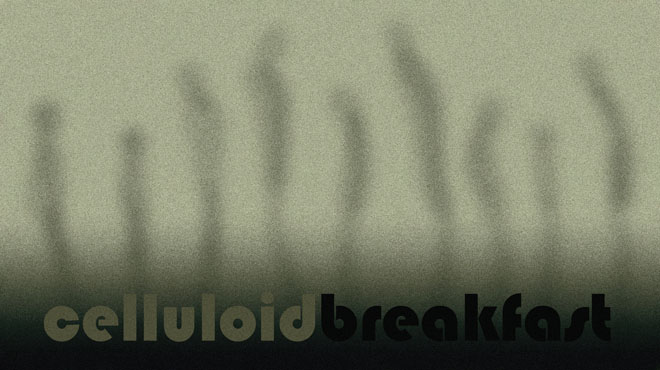The strength in the film is in not revealing the differences between Martha and Rukundo immediately – on face value, the two are able to get along without issue. Themes of unity prevail throughout the film, although often these are presented as illusions, and the open ending serves only to suggest that there are still repercussions of discrimination. The film is utterly absorbing at moments – some great acting in the scene where Rukundo’s family express their distrust of Tutsi makes for compelling viewing – but there are several flaws which keep the film from achieving its goal fully. Martha and Rukundo’s relationship happens quicker than the audience can fathom, and the film suffers from a few distracting technical shortcomings. Nonetheless, A Love Letter To My Country has great intentions and hopefully augurs well for the Rwandan film industry.






No comments:
Post a Comment